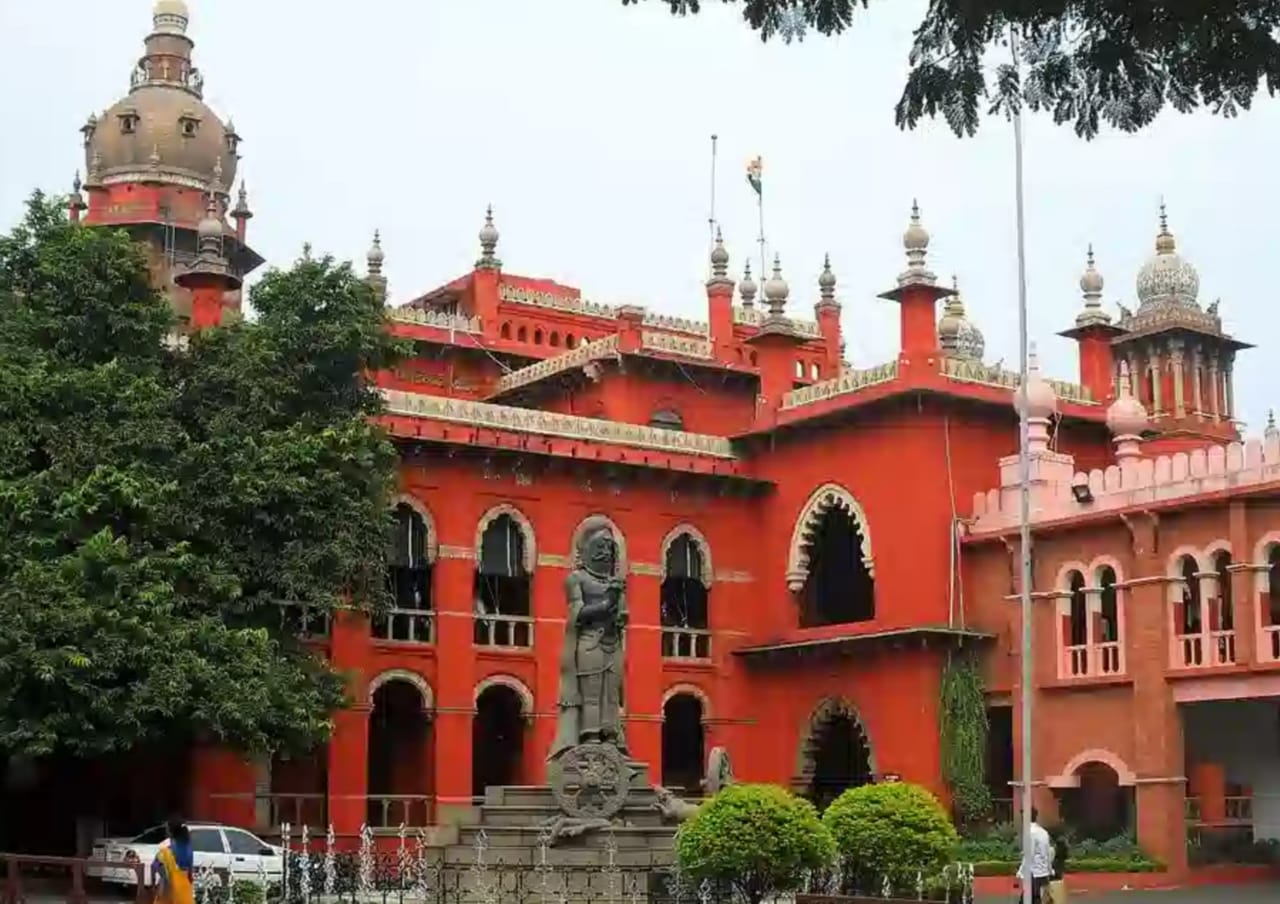
The Madras High Court has expressed profound dismay over the persistence of caste-based discrimination in accessing basic amenities, particularly water, in rural Tamil Nadu. Justice RN Manjula described the practice of forcing Scheduled Caste community members to wait for their turn at common water taps as "surprising and pathetic" in today's scientific age.
The court's strong observations came during a bail hearing in the case of Thirumalaisamy v. The State of Tamil Nadu, where the petitioner had been convicted under the SC/ST Act for allegedly making caste-based remarks and threats against two agricultural workers in December 2016.
"Natural resources like water are common to all," Justice Manjula noted, questioning why some communities must "compete with other communities and stand second" to access resources meant for the public good. The court poignantly asked, "Is not the human race one Community?"
Despite numerous legislative measures designed to protect vulnerable sections of society, the ground reality remains unchanged in many areas. The court acknowledged that while removing caste and class mentality from people's minds may be challenging, those in positions of authority cannot remain passive observers.
The court emphasised that what is needed is not "make-believe stunts" but genuine practical solutions and quiet, effective action. "People in authority cannot be mute spectators and be indifferent to these tales," the judge stated, warning that such indifference amounts to contributing to discriminatory mindsets.
The case highlighted the daily struggles faced by marginalised communities, particularly a 65-year-old woman who testified that she couldn't fetch water without facing harassment. Her concern that the petitioner's release on bail would make it difficult for her to access water through the streets near his residence underscored the real-world impact of caste discrimination.
While granting bail to the petitioner after he provided assurances of non-interference, the court issued comprehensive directions to address the underlying issues. The District Collector of Tenkasi was instructed to ensure that caste-based discrimination at village water sources ceases immediately.
The court ordered authorities to provide adequate water tap connections with sufficient supply across all streets, emphasising that these facilities must be available for everyone's use, regardless of community background. Additionally, measures were mandated to prevent any individual from monopolising water access to the detriment.
The court's observations reflect a broader concern about access to necessities. "Water is an elixir of life, and no person should be toiling their whole life just to get hassle-free piles of water," Justice Manjula remarked, highlighting the fundamental nature of this resource.
This case serves as a stark reminder that despite India's constitutional guarantees and progressive legislation, discriminatory practices continue to plague grassroots communities. The court's intervention represents both judicial activism and a call for administrative accountability in ensuring equality in practice, not just in law.
The judgment underscores that true social transformation requires sustained effort from all stakeholders, moving beyond ceremonial gestures to implement meaningful change that touches the lives of those most vulnerable to discrimination.
Case Citation: Thirumalaisamy v. The State of Tamil Nadu and Another, 2025